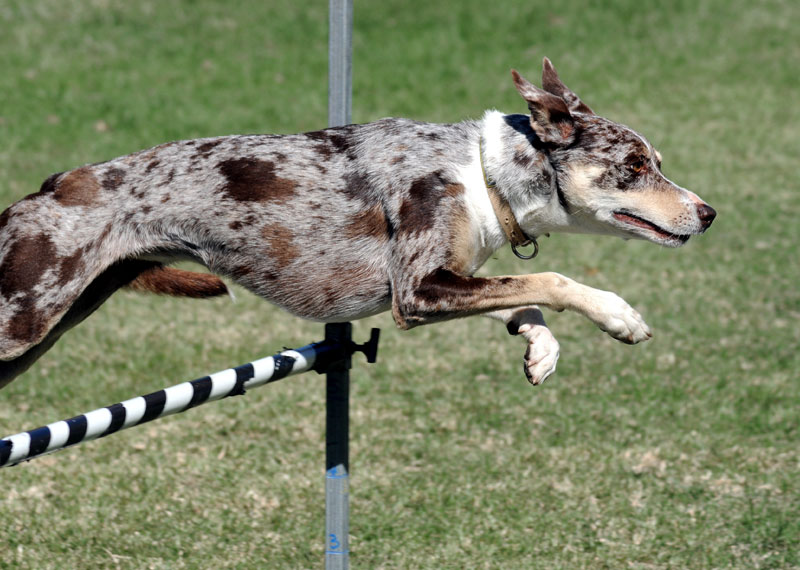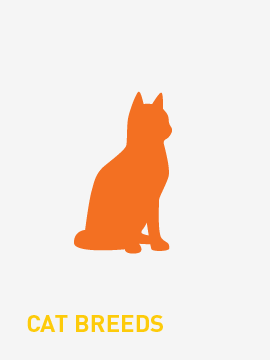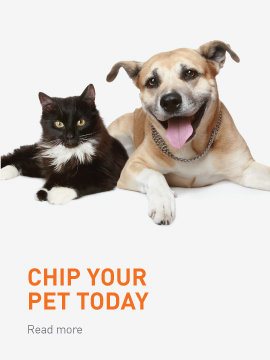The Koolie or Coolie [also known as the Australian Koolie or by the misnomer German Koolie] is an Australian dog breed. The Koolie is a working or herding dog which has existed in Australia since the early 19th century when it was bred from imported British working dogs.There is substantial variation in the Koolie population, as Koolies were bred to exhibit different characteristics in different regions. The Koolie Club of Australia defines the breed based on its ability to work rather than on its Conformation show. However, most Koolie breeders refer to the Koolie as a breed rather than as a type, and assert that it "breeds true", with various types or strains.The Koolie is a 'heading dog', one which has a natural instinct to cast out (i.e., circle widely), round sheep and bring them back to their owner. Koolies are known as silent, upright, working dogs. They are used for “heading” sheep and also for quiet careful work at close quarters at lambing time or for “shedding” (cutting out) sheep.
Health
The median longevity of Koolies is about 18 years, which is a typical lifespan for this breed. Koolies have a diverse gene pool and so do not suffer from the many genetic problems found in recognised breeds, but the merle for which the Koolie is most recognised by can and does produce white blind and or deaf pups. It is highly recommended that when considering breeding, that matings of merle to solid are the safest option.
Medical research
- In 2003 DNA testing carried out on 56 individual Koolie bloodlines from Australia by Dr. Mark Neff of the University of California at Davis in the USA cleared those bloodlines tested for the presence of the mutant gene mdr1-1, which causes malfunction in the canine multidrug resistance gene; Collie bloodlines were chosen to be tested because they showed a reaction, even death, to chemicals, such as Ivermectin, used in the treatment of intestinal parasites.
- In 2004, the Koolie club of Australia in conjunction with Genetic Science Service of Australia launched the collection and processing of Koolie DNA, which continues to test for all current Collie diseases and family relationships. To date, the Koolie Club of Australia’s database records show that their registered Koolie breed is relatively free of common genetic disorders that are found in recognised pure breeds, thanks to DNA testing. It is generally accepted that this is due to the natural breeding selection, which has continued unhindered for over 160 years.
- In 2007, the Koolie Club of Australia through Genetic Science Service of Australia gained access to the Merle test, discovered in 2006 by Dr. Keith Murphy’s laboratory of the Department of Pathobiology at the College of Veterinary Medicine and Biomedical Sciences of Texas A&M University more info
- In 2008, Koolies registered with the Koolie Club of Australia have undertaken a breed Specificity test to identify the Koolie genetically, the results will help discover and create stronger bloodlines.
- In 2010, the Australian Koolie's own unique signature gene is discovered through ASAP laboratories in Victoria Australia, by Dr. George Sofronidis, making them the first Australian breed recognise by their DNA before the controlling canine body of their home country.
- In 2012, the Australian Koolie breed becomes a recognised member of the Veterinaries Genetics Assurance program




